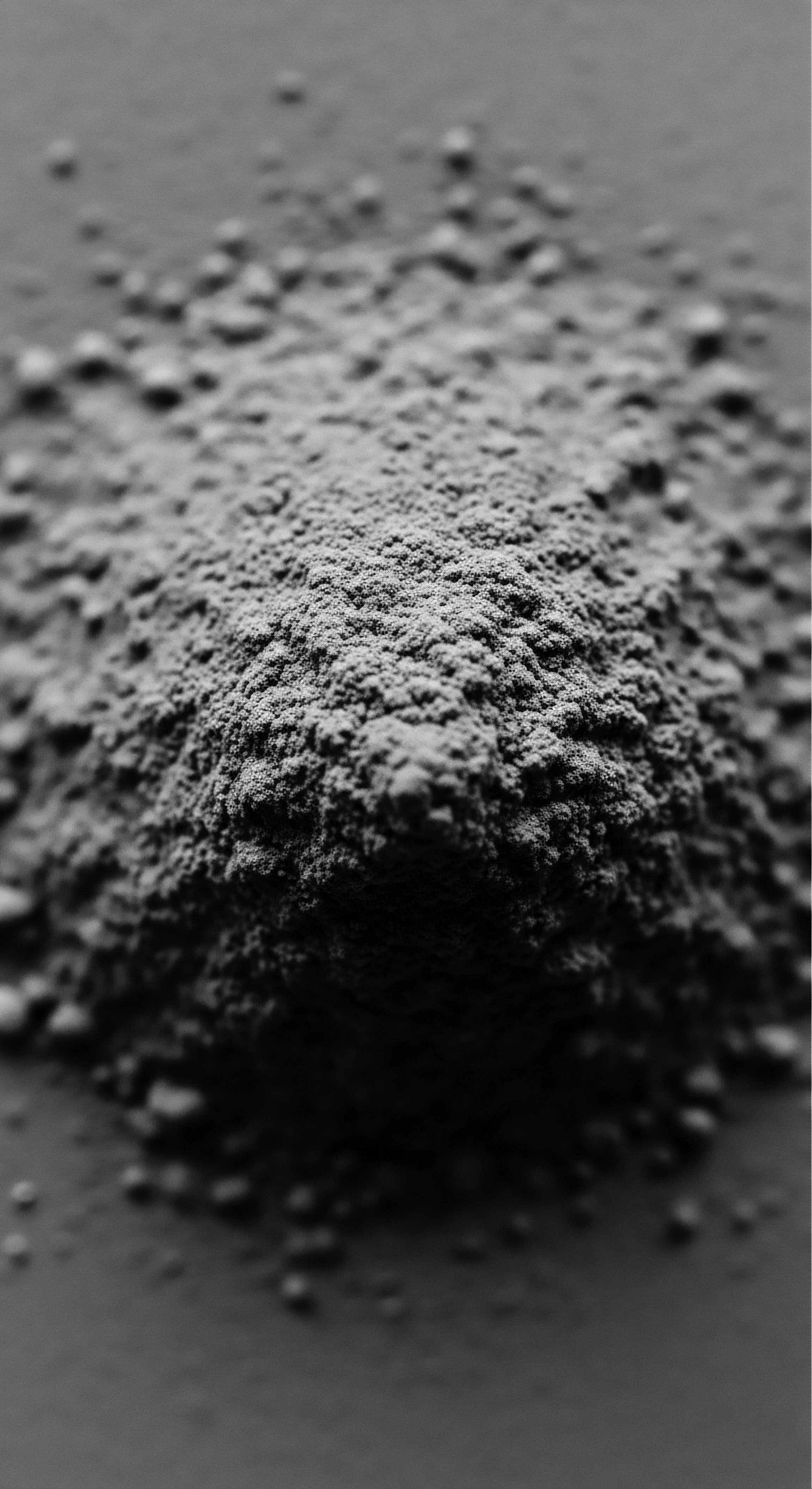
What Is the Historical Significance of Plant Ingredients for Textured Hair?
Plant ingredients for textured hair carry a rich heritage, embodying centuries of ancestral wisdom, cultural resilience, and profound healing for strands.

Can Modern Science Validate Ancestral Hair Care Wisdom in Textured Hair?
Modern science confirms the efficacy of ancestral textured hair wisdom, grounding historical practices in biological understanding.

Are Traditional Hair Practices Scientifically Beneficial for Textured Hair?
Ancestral hair practices offer tangible scientific benefits for textured hair, rooted in heritage and generations of adaptive care.

Can Science Explain the Benefits of Traditional Textured Hair Care?
Science affirms traditional textured hair care methods, often confirming ancestral wisdom for optimal strand health and heritage preservation.
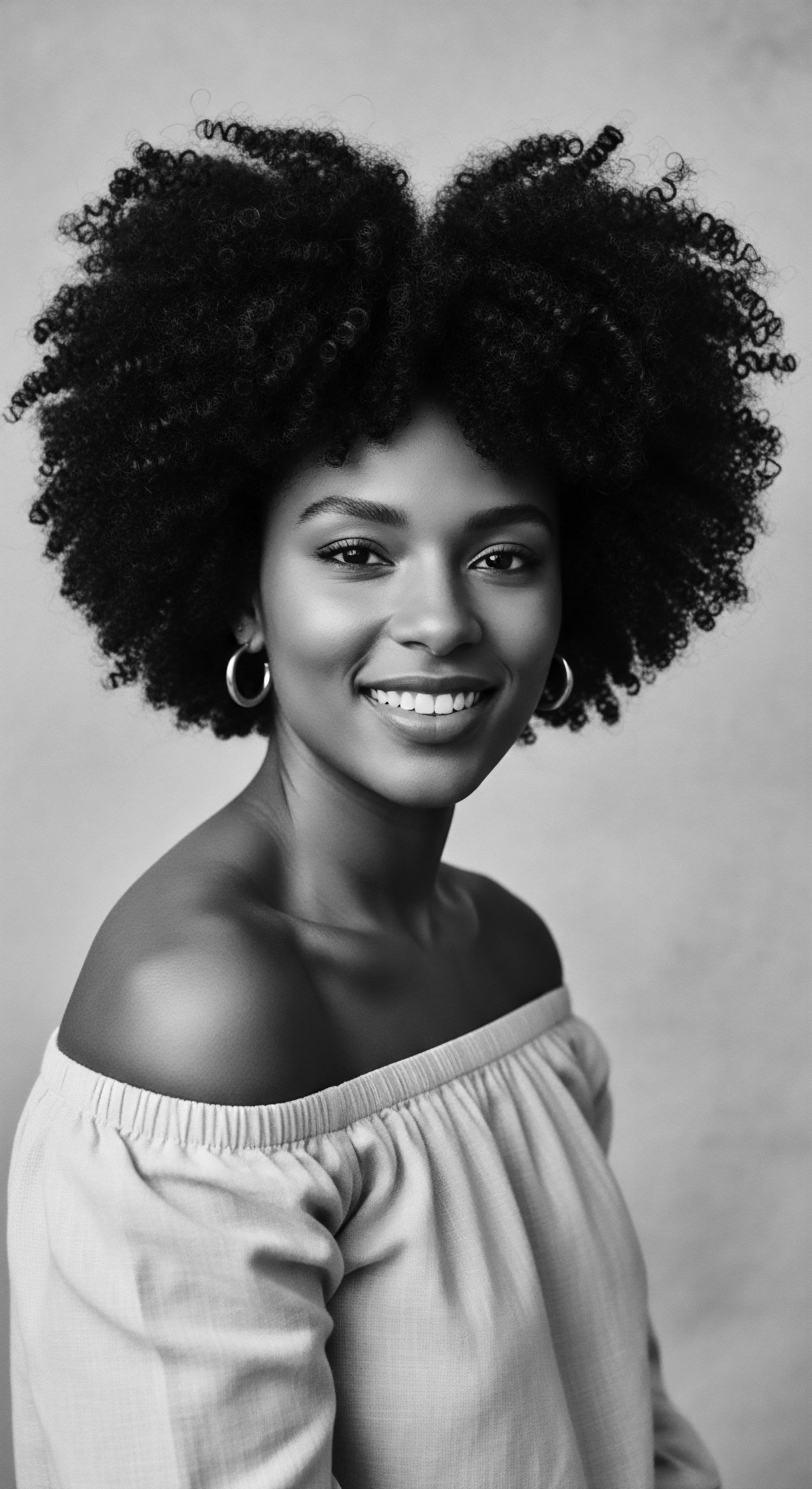
What Traditional Tools Align with Contemporary Textured Hair Care Needs?
Traditional tools align with textured hair needs by echoing ancestral care principles, offering gentle handling and connection to heritage.
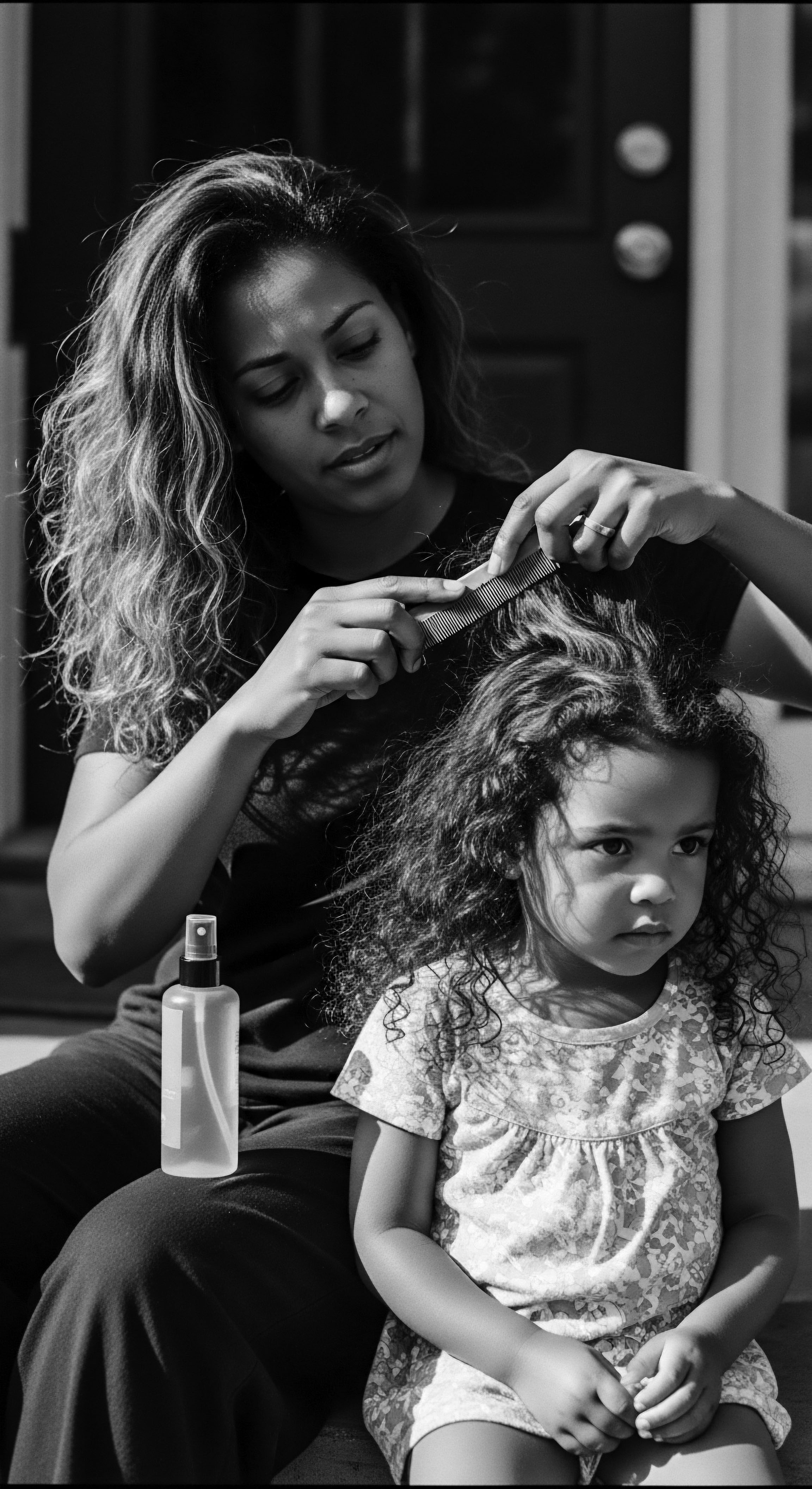
Follicular Science
Meaning ❉ Follicular Science explores the hair follicle's biology, its influence on textured hair, and its deep connection to cultural heritage and ancestral care.

In What Ways Do Traditional Ingredients Support Textured Hair Health?
Traditional ingredients, passed through generations, deeply nourish and protect textured hair, upholding ancestral heritage and promoting health.

Can Modern Textured Hair Care Draw Lessons from Ancestral Oiling Practices?
Modern textured hair care gains profound depth and efficacy by embracing the time-tested wisdom of ancestral oiling practices, a true return to heritage.

How Do Historical Styling Practices Connect to Modern Textured Hair Heritage?
Historical styling practices for textured hair reflect ancestral knowledge, resilience, and profound cultural identity.
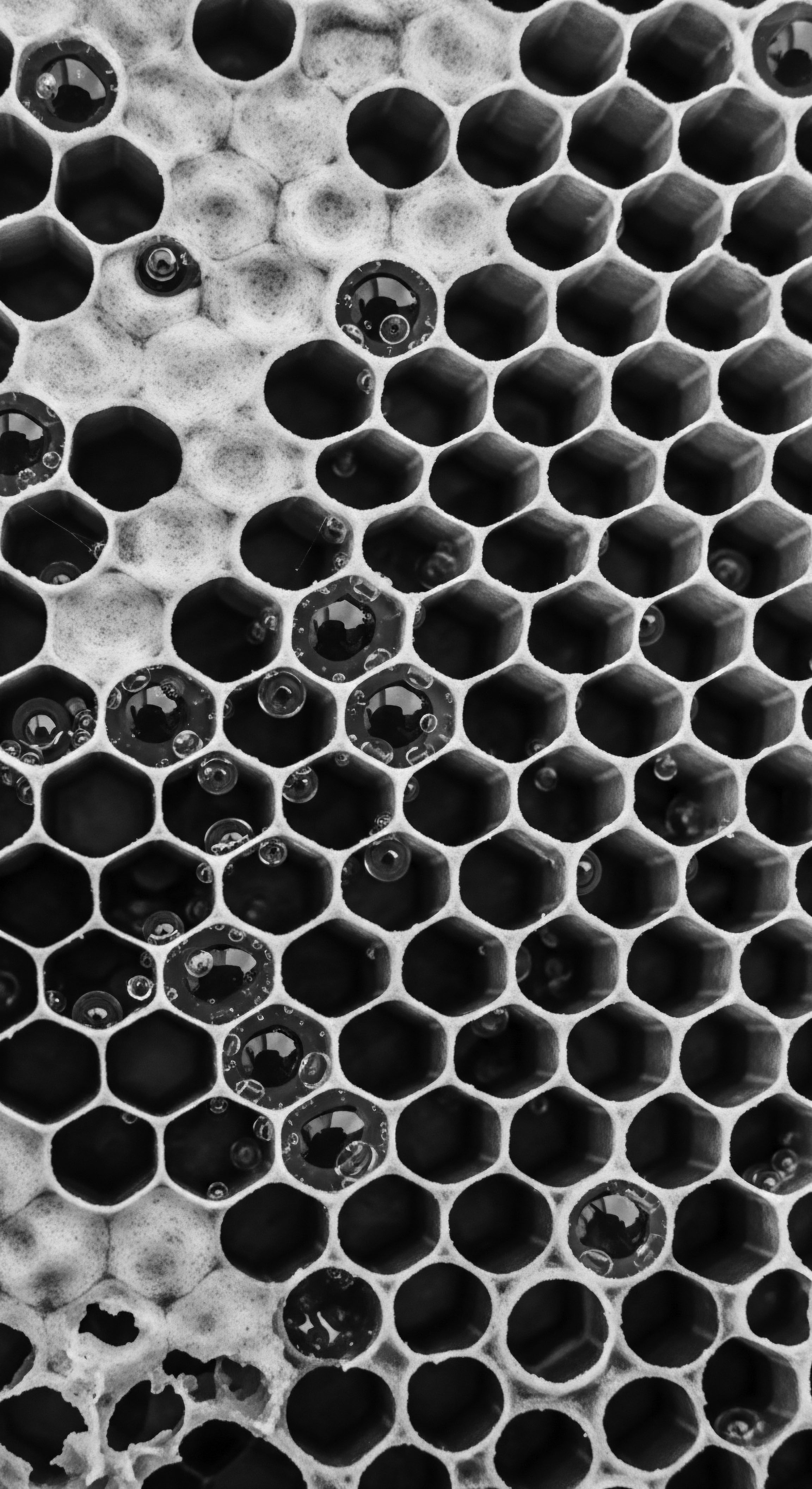
Can Modern Science Validate the Efficacy of Ancient Textured Hair Rituals?
Modern science confirms the foundational effectiveness of ancient textured hair rituals for health and preservation, validating ancestral heritage.

What Ancient Botanical Remedies Shaped Textured Hair Care Heritage?
Ancient botanical remedies, sourced from diverse lands, provided essential hydration, strength, and protection, shaping the enduring heritage of textured hair care.
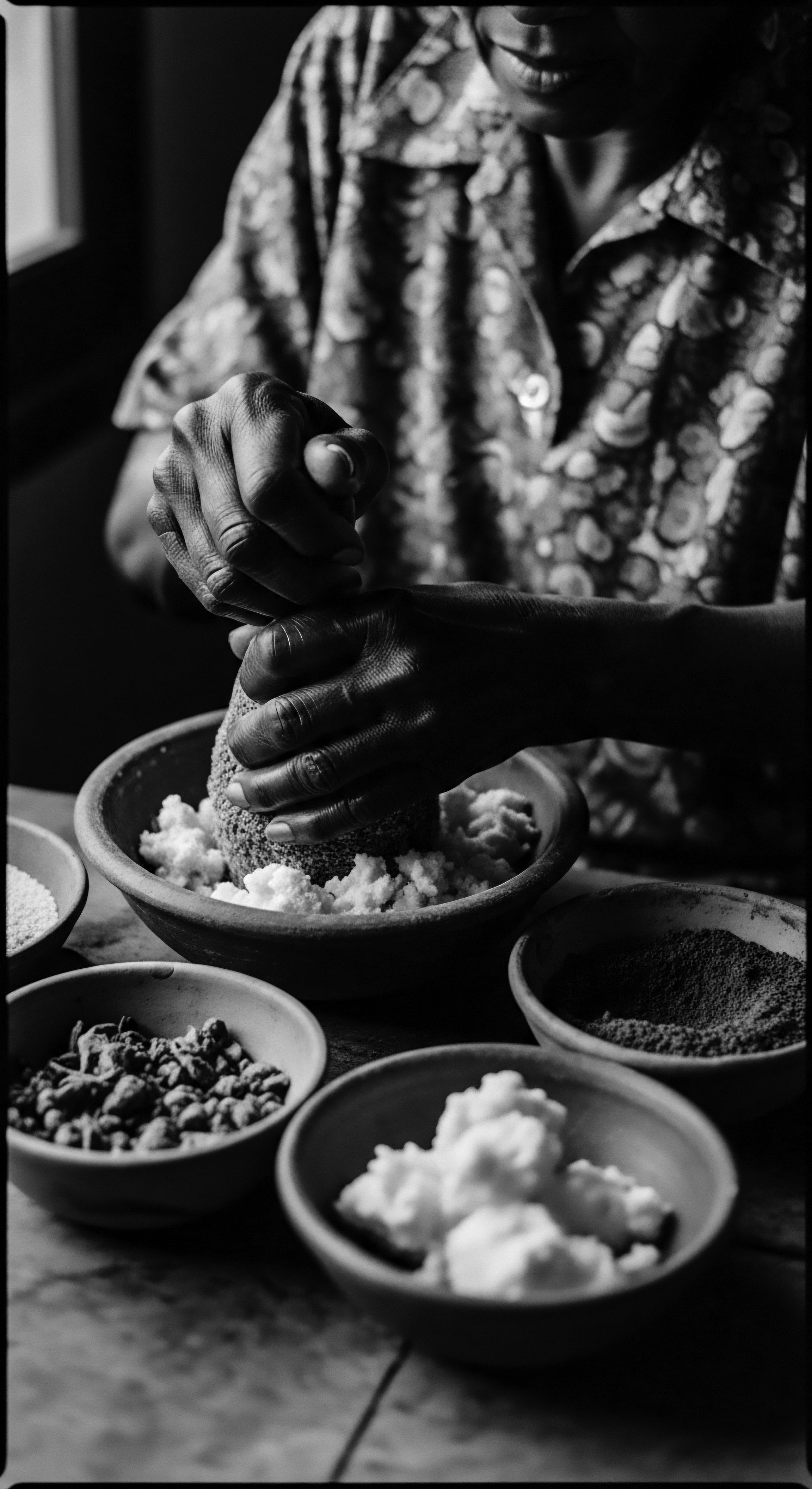
What Traditional Ingredients Support Modern Textured Hair Health?
Traditional ingredients like shea butter, coconut oil, and amla nourish textured hair by honoring ancestral wisdom and unique hair biology.

Micronutrient Connection
Meaning ❉ The Micronutrient Connection signifies the vital link between essential vitamins and minerals and the intrinsic health and vibrancy of textured hair, rooted in ancestral wisdom.

How Did Coiled Hair Signify Heritage?
Coiled hair conveys heritage through its biological form, historical styles, and care practices, embodying ancestral wisdom and cultural identity.
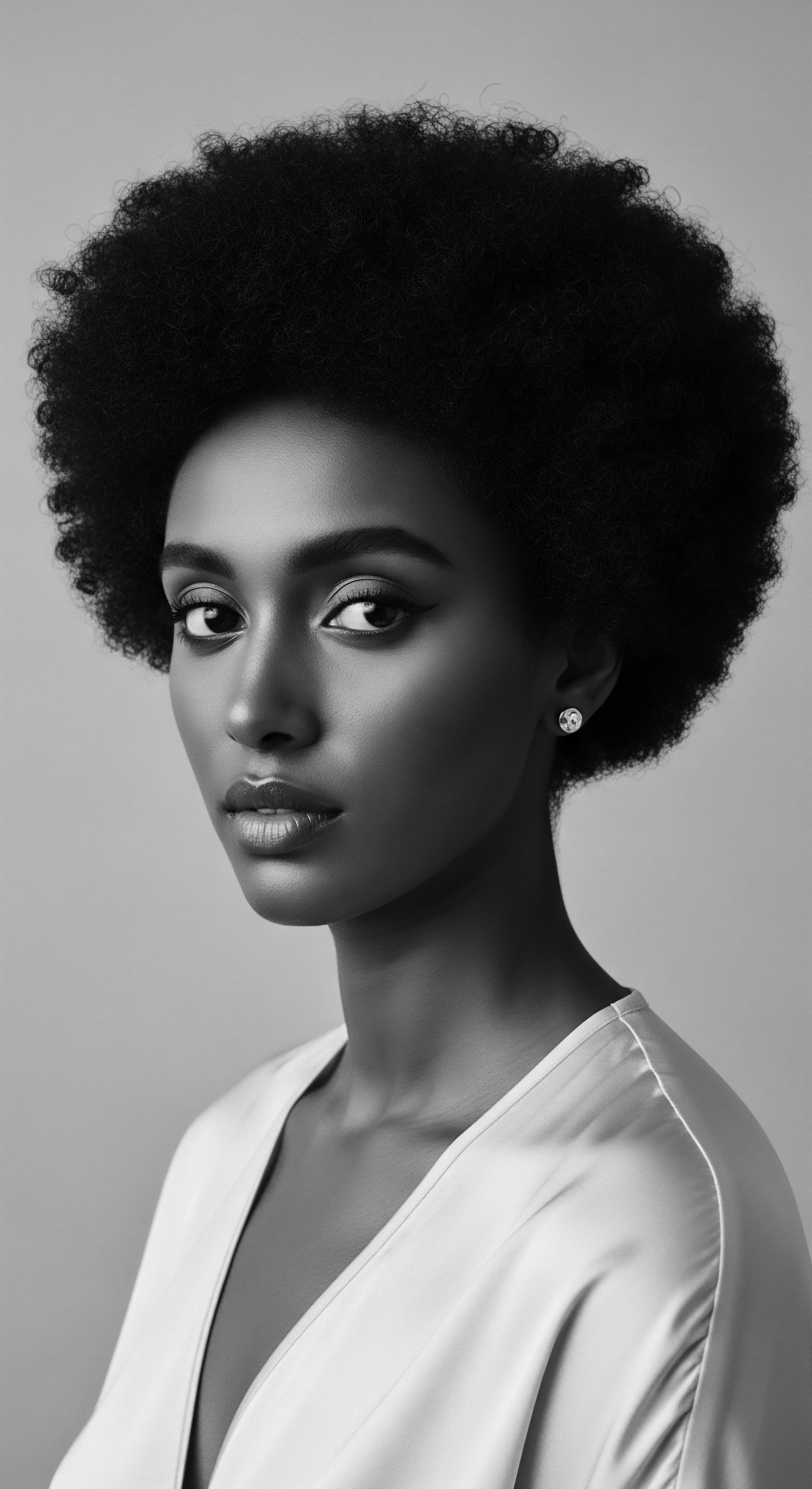
What Ancestral Oils Are Traditionally Used for Black Hair Care?
Ancestral plant-based oils like shea butter, castor oil, and palm oil were traditionally used for Black hair care, forming a vital part of textured hair heritage.

Can Celebrating Traditional Hair Practices Challenge Modern Discrimination?
Celebrating hair practices challenges modern discrimination by affirming cultural identity and ancestral connection.

How Did Ancestral Oils Support Hair Growth?
Ancestral oils supported hair growth by nurturing scalp health and preserving strand integrity, rooted in textured hair heritage.

